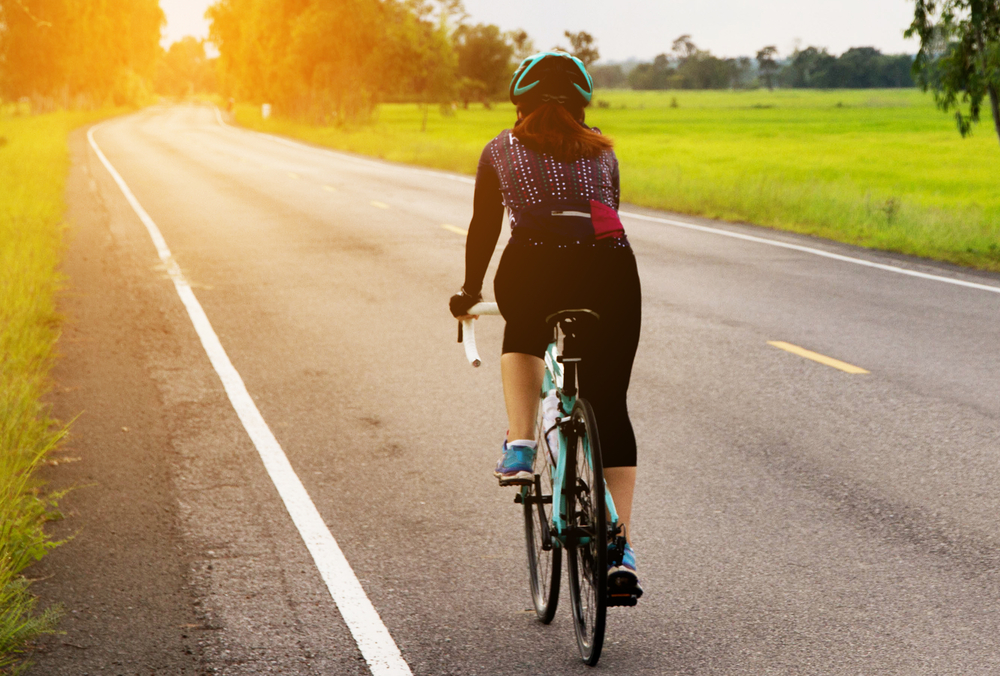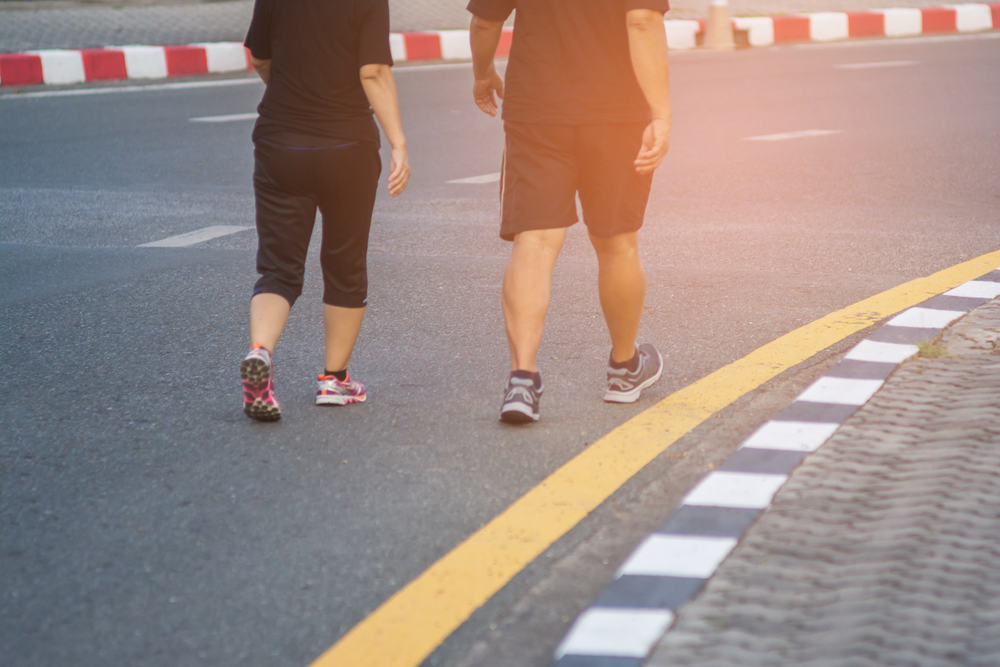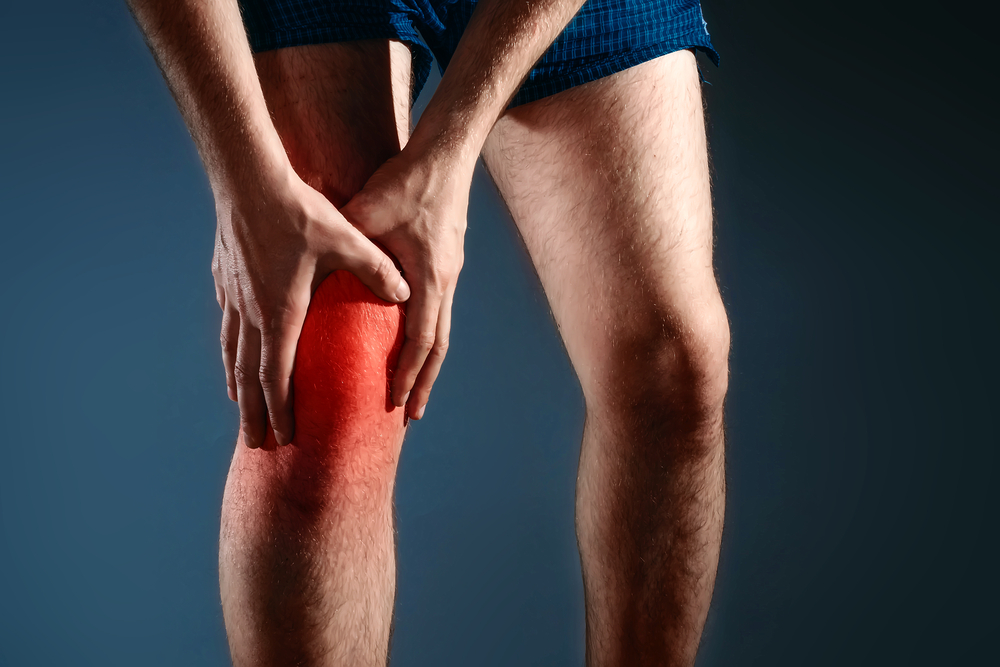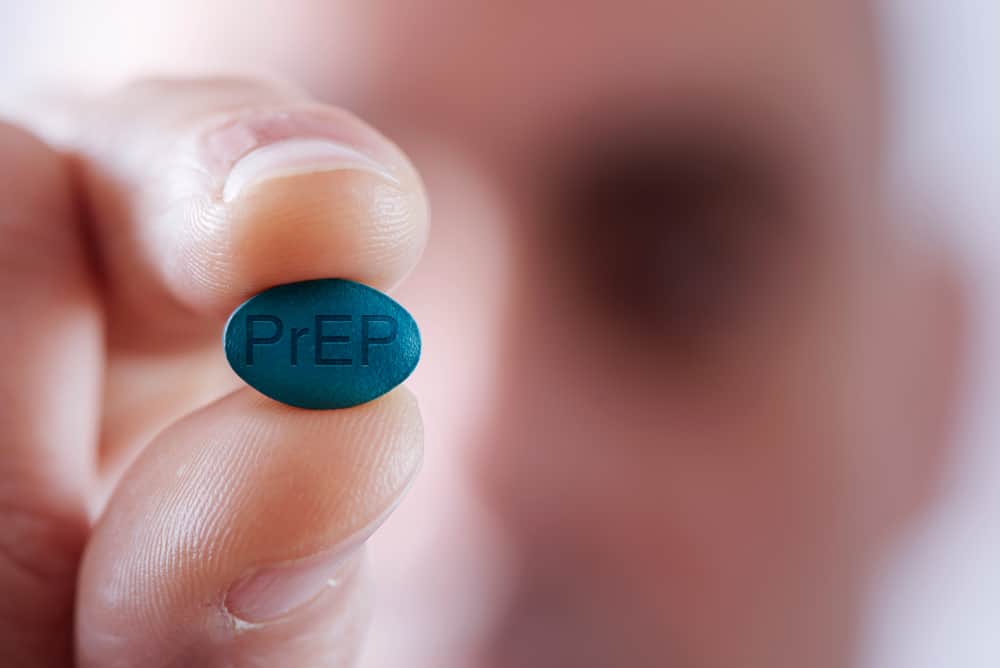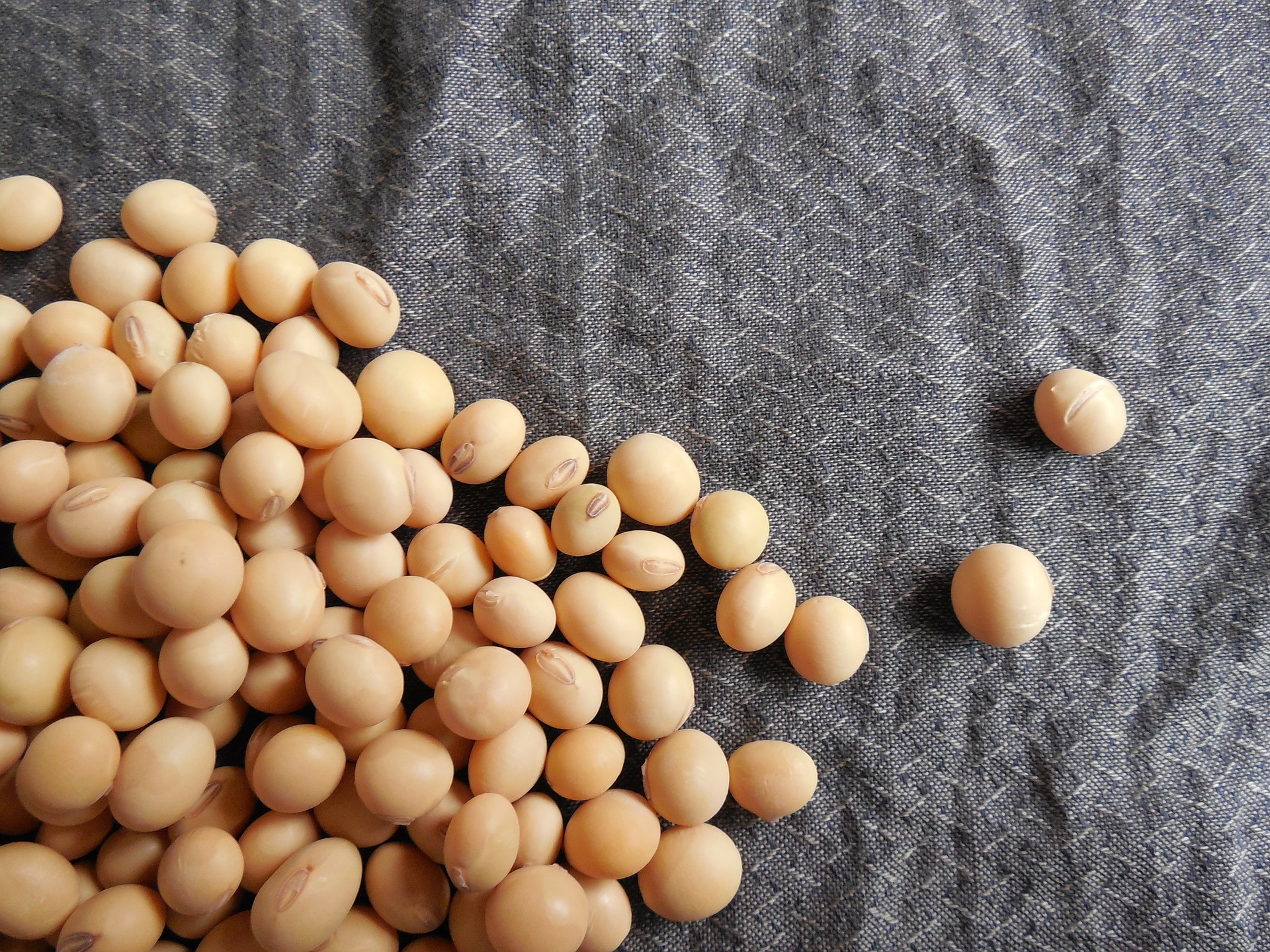Contents:
- Medical Video: How Does Exercise Impact Weight Loss?
- Why does fasting still need to be exercised?
- However, not everyone needs and may exercise while fasting
- Types of exercise that can be done while fasting
- When should exercise be done during fasting?
- Maintain bone health while exercising while fasting
Medical Video: How Does Exercise Impact Weight Loss?
Many people make fasting as an excuse to reduce daily physical activity, including exercise. In fact, exercise has become a necessity that needs to be done routinely, just like eating and drinking. Therefore, experts say exercising while fasting still needs to be done to maintain health and fitness.
Why does fasting still need to be exercised?
Did you know exercise while fasting turns out to bring a variety of benefits for health. Many experts agree that exercise when fasting is very safe.
Even a study shows evidence that fasting for 30 consecutive days without doing any exercise can reduce strength and fitness.
In the study, experts examined people who were accustomed to practicing at least three days a week for 11 consecutive months but during the Ramadan exercise holiday. As a result, the person has decreased heart and blood vessel function.
Stopping exercise for a month when fasting has the same effect as not exercising for four months. So, experts still recommend to exercise during fasting. Of course the type, intensity, and weight of exercise during fasting need to be adjusted to the condition of the body.
In addition, exercising while fasting can also help the body burn more fat which will lead to weight loss. The process of burning fat in the body is controlled by the sympathetic nervous system.
These nerves are activated by the body when you exercise and lack food supply. For that, a combination of fasting and exercise can maximize the process of burning fat in the body.
However, not everyone needs and may exercise while fasting
Even though exercising during fasting is important, not everyone can do it. People who suffer from chronic diseases, injuries, and certain complications do not need to exercise while fasting. Or, if you want to exercise do it with a very light intensity so as not to disturb your health.
People with type 1 diabetes including one person who may not exercise at all because it can disrupt the level of glucose in the blood. However, people with type 2 diabetes can still exercise with low intensity and no more than 30 minutes.
Exercise can focus on aerobic exercise and body strength. Then for people with hypertension, the recommended exercise is low intensity exercise. The most important thing, adjust the ability to exercise with age, gender, and health conditions.
Types of exercise that can be done while fasting
Exercising during fasting is usually done 90 minutes before the breaking time arrives. This is intended so that the energy reserves that burn during exercise can be replaced as quickly as possible to prevent dizziness and nausea that may occur.
The type of exercise that can be done during fasting is light to moderate intensity exercise. Avoid sports with heavy intensity because they can consume large amounts of energy and quickly. You can do sports such as:
- Leisurely walk
- Yoga
- Cycling
- Tai Chi
When should exercise be done during fasting?
The best time to exercise when fasting is 90 minutes before breaking time. This is because during exercise the body will use sugar reserves in the muscles when burning fat (exercise). As a result you can feel dizziness, weakness and nausea.
Therefore, this time is said to be the right time because immediately after exercise you will break the fast, so that the reserves of muscle sugar and energy used by the body can be immediately replaced by food.
Also, it's important when breaking fast to increase your drinking intake to keep your body well hydrated after exercising.
Maintain bone health while exercising while fasting
In order to maintain your bone health while exercising in the fasting month, it's good to consume foods and drinks that contain calcium and vitamin D. Various foods and drinks that contain vitamin D and calcium, namely:
- Spinach
- Cabbage
- Soy
- Sardine
- Oatmeal
- Fatty fish like tuna and mackerel
- Beef liver
- Cheese
- Egg yolk
- Dairy products
Apart from food, calcium and vitamin D needs can be met by taking daily supplements both before dawn and after breaking the fast. Maintaining bone health while fasting can also support your daily activities to stay active throughout the day during the month of Ramadan.

